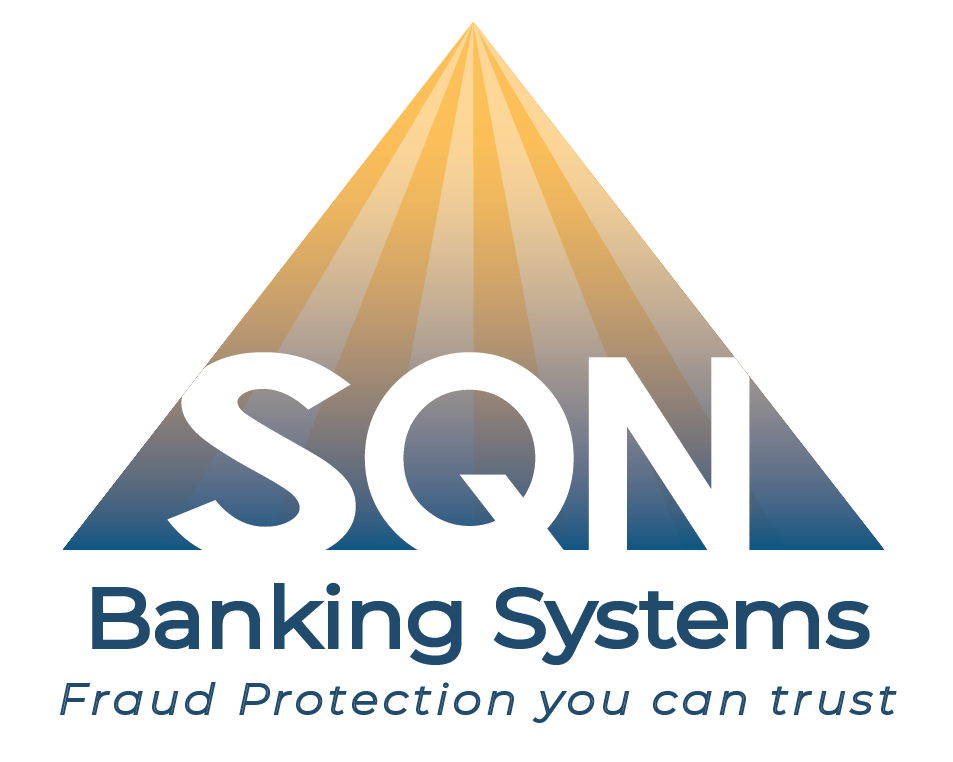How to Convert Documents from Paper to Digital Safely

The move from paper to digital records can seem daunting. Luckily, there are systematic methods to accomplish this transition without too much trouble or a steep learning curve. Essentially, to convert your paper documents to a basic electronic format, all you need is a scanner and a software program that generates PDF (portable document format) files, but there are also a range of more sophisticated procedures that produce files you can actually search and catalogue. If desired, you can even hire a company to handle this task for you. Here’s what you need to consider.
Why Switch to Digital
If you’re undecided about whether or not you should make the switch from paper to digital, you may be wondering if all this effort is worth the trouble. From an environmental standpoint, moving away from paper documents is a positive transition, but the move can also help protect your records. Paper documents are not indestructible. Liquid, fire, insects, and rodents can all wreak havoc on paper records, while digital files can be safely stored in the cloud, an external hard drive, a flash drive, or in multiple places at once. Additionally, digital files can be much easier to organize and track than paper documents.
Conversion Methods
When you decide to make the move to digital, you have a lot of different options. You may want to explore some of the following:
- Scanning and Converting to PDF Files — If you have an all-in-one printer, you can easily scan your documents and convert them into PDF files, which are simply images of the original document.
- Photographing with a Smartphone or Tablet — When dealing with a relatively small number of paper documents you can even scan them with your phone. You just take a photo and you instantly have an electronic copy of the document.
- Using Optical Character Recognition (OCR) Software — With OCR software, you can turn regular PDF files, photographed documents, and scanned documents into smart documents. This technology converts ink marks on paper to actual typed words. When you convert paper documents into digital format with OCR software, you can search through the documents for specific words or phrases. That is not possible with most other scanning methods.
The Cloud
While there are a variety of places you can store digital documents, you may end up using the cloud. The cloud refers to software and services that run on the Internet rather than on your own computer. Specifically, documents stored in the cloud are saved on the storage provider’s server. For instance, if you use cloud-based accounting software, your accounting records are saved on the servers of the company that provides your accounting software.
One of the main benefits of moving to the cloud is that you can access your information with any device connected to the Internet, which allows you to make change remotely or collaborate with colleagues even if you’re in different locations. The downside is that you are locked out of your data if you lose your Internet connection. When you work with a quality digital storage provider, all of your data is encrypted, which means that it is translated into a virtually impenetrable code during both storage and transmission. Additionally, you don’t have to worry about physical threats such as theft or water, as you do when you store digital files on a hard drive, zip drive or thumb drive.
Shredding Documents
After you decide how you want to change your documents to digital format, you need to decide how to dispose of your paper documents. First, you need to make sure that you don’t need to save physical copies for legal reasons. If you don’t have to save the documents, you need to make sure that you dispose of them safely by shredding them. If you decide to hire a company to help with your transition from paper to digital, make sure that the company you select has experience working with financial institutions in particular. Then, you can rest assured they will understand any rules or regulations relevant to the financial services and banking industries.
To ensure that you make the leap from paper to digital records efficiently and securely, consider working with a professional. At SQN Banking Systems, we focus on fraud protection, but we also offer paper-to-digital conversion services. You can scan documents at your financial institution or at our secure facility. We can also help you extract signatures from any document, and we have OCR technology, the ability to index all your information, and other innovative tools to help with this process. To learn more, contact us directly.
